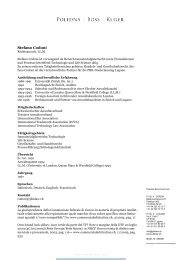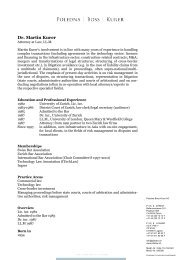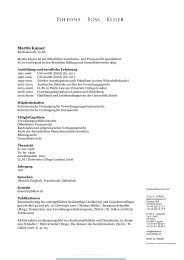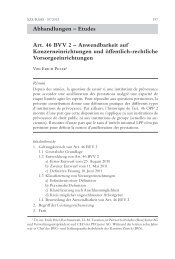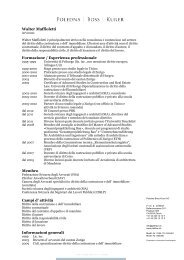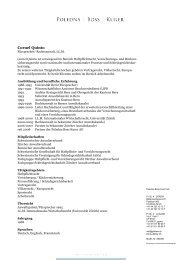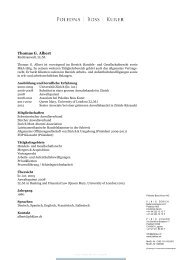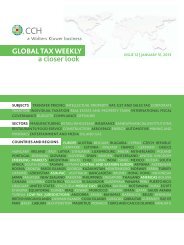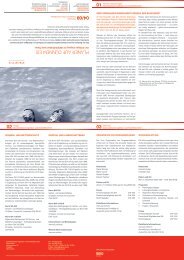721.8 kB - Poledna | Boss | Kurer
721.8 kB - Poledna | Boss | Kurer
721.8 kB - Poledna | Boss | Kurer
- No tags were found...
You also want an ePaper? Increase the reach of your titles
YUMPU automatically turns print PDFs into web optimized ePapers that Google loves.
The ECJ then concluded that, with regard to boththe EU law and relevant case law, the appropriatevalue of goods for tax purposes is at the time of cessationrather than at the time of purchase. It wasalso decided that it is for the national court to decidewhether the national law's use of the phrase'open market value' incorporates the change in valueof assets between their acquisition and the endof the taxable activity under EU law.The judgment was delivered on May 8, 2013.http://curia.europa.eu/juris/document/document.jsf?text=&docid=137305&pageIndex=0&doclang=EN&mode=lst&dir=&occ=first&part=1&cid=1890512European Court of Justice: Marinov v Bulgaria(C-142/12)HungaryThe European Court of Justice was asked for a preliminaryruling regarding the repayment of VATto a company which had been denied the right todeduct VAT under legislation that was found tobe incompatible with EU law. The company hadrequested state aid for a subsidized project, whichwas calculated based on the ''eligible expenditure'of the project including VAT, despite the law notallowing for the deduction of VAT pertaining tothe amount of the aid.After a European Court case whereby a nationallaw that only allowed the deduction of VATproportionate to the costs not provided for byState aid was found to be incompatible with EUlaw, the company surmised that it could deductthe entire amount of VAT arising from the projectand sought to re-negotiate the State aid basedon the VAT that had been non-deductible untilthe result of the case.Th e institution providing the aid refused to renegotiate,and so the company approached the taxauthority with a claim for the repayment of VATthat it had not been allowed to deduct prior to thecase. The first judgment allowed the repayment ofVAT proportionate to the amount of aid receivedrather than to the full cost of the project; the secondjudgment adhered to the case decided in theEuropean Court and insisted that the full amountof VAT relative to the cost of the project be repaid.The tax authority appealed on the basis thata part of the VAT the company sought to recoverhad been included in the amount of aid it hadreceived, while the company took it upon itselfto argue that not being paid the total amount ofdeductible VAT was against EU law; therefore thecourt consulted the ECJ.Th e ECJ considered whether a Member State is allowedunder EU law to limit the amount of repayabletax when the taxpayer had received aid providedby the State. It established that a taxpayerhas the right to be refunded any tax that had beenincorrectly paid in breach of EU law, but that therepayment of tax must not constitute unjust enrichmentof the taxpayer due to circumstances94



